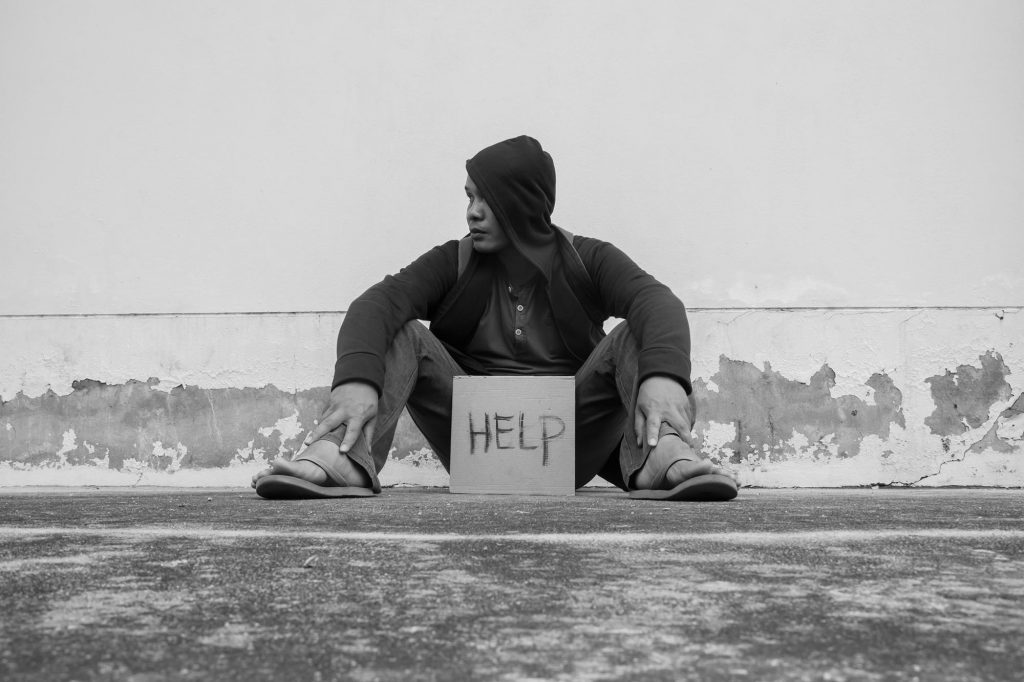 By Rachel Antonia Dunsmore
By Rachel Antonia Dunsmore
A new report finds youth exiting child welfare require particular housing, mental health and social supports, with a strong emphasis on Truth and Reconciliation with Indigenous youth.
The report “Futures Forward Enhancement Project: Qualitative Research of Youth Housing First Pilot Project” by Rachel Antonia Dunsmore is a qualitative evaluation of the Futures Forward six-month intensive Housing First pilot project. The report discusses: (1) the pathways to youth homelessness in order to provide broader context of the social conditions which programs like Futures Forward are responding to; (2) the experiences of youth leading up to their participation in the program; and (3) the effects or outcomes of the intensive Housing First pilot project from the perspectives of youth participants and program staff.
Futures Forward was developed through the General Authority of Child and Family Services in partnership with The Canadian Mental Health Association (CMHA), Youth Employment Services (YES), and Community Financial Counselling Services (CFCS) to support youth who are in or have been apprehended or had contact with the Child and Family Services (CFS) system in Manitoba.
The report found youth who have been discharged from the CFS system require access to supportive programming and services which address all social determinants of health — including safe and affordable housing — most of which were inadequately provided to the youth preceding their arrival at Futures Forward.
The report makes recommendations to restore Indigenous self-determination and self-governance over child welfare, prohibit apprehension of children based on poverty, create more rent geared to income social housing units and prevent discrimination from housing providers.
The report is published by the Canadian Centre for Policy Alternatives (CCPA) with financial support provided by the Manitoba Research Alliance (MRA) through the Social Sciences and Humanities Research Council of Canada Partnership Grant, Partnering for Change: Community-based Solutions for Aboriginal and Inner-city Poverty. The Canadian Mental Health Association Winnipeg is a community partner on this research project.


